Directory
- Share
Elizabeth Ann Walsh
- Alumni
- United States
- 2015 MPhil Social Anthropology
- King's College
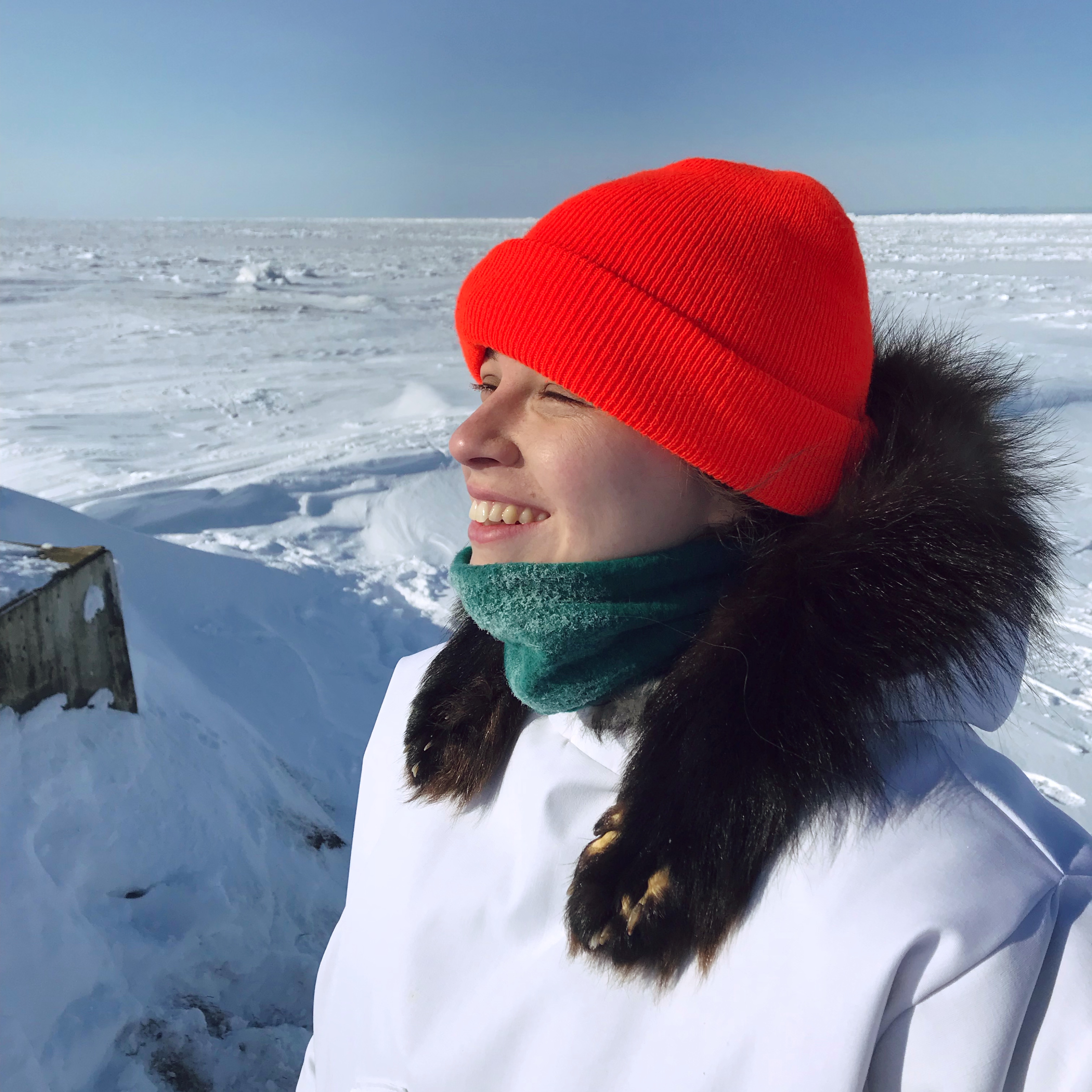
Elizabeth Ann Walsh
- Alumni
- United States
- 2015 MPhil Social Anthropology
- King's College
Liz is currently a third-year PhD student in the Department of Social Anthropology at the University of Cambridge. She began her postgraduate career researching relationships between ethnographic museums and Indigenous source communities, focusing specifically on critiques of digital and non-material repatriation and disparities in interpretational authority. Her recent fieldwork in the Alaskan Arctic has led her to broaden her focus to other cultural institutions while interrogating the integration of non-Native settlers into geographically-isolated Native communities. With a specific interest in how Indigenous sovereignty is recognised and exercised within the politically-charged Arctic, her work considers the competing interests of multi-national corporations, settler nation-states, and local Indigenous peoples in determining the future of economic and social development in the North.
Previous Education
Columbia University
Passaic County Community College
Alexander Walther
- Alumni
- Germany
- 2011 PhD Biological Science @ MRC CBU
- Trinity Hall
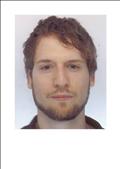
Alexander Walther
- Alumni
- Germany
- 2011 PhD Biological Science @ MRC CBU
- Trinity Hall
I am a computational neuroscientist and data scientist who did his PhD at Cambridge (2011-15).
Njoki Wamai
- Alumni
- Kenya
- 2012 PhD Politics & International Studies
- Queens' College
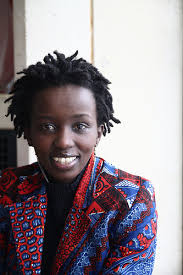
Njoki Wamai
- Alumni
- Kenya
- 2012 PhD Politics & International Studies
- Queens' College
Njoki is an assistant Professor in International Relations Department at Kenya's oldest private university United States International University-Africa. She was previously a Post Doctoral Researcher at the Politics and International Studies department (POLIS). Her research focus is on the tensions between international and local practices of transitional justice in Kenya. At Cambridge, Njoki was the founding president of the Cambridge Eastern African Society (CamEAS) and and the Black Cantabs project which aims to curate the achievements of black Cambridge alumni at www.blackcantabs.com. She is also a co-founder of the African Society of Cambridge University (ASCU).She is an alumnus of the Africa Leadership Centre (ALC) at King's College London. Njoki worked in the non-profit sector in Kenya at Kenya Human Rights Commission and at the Centre for Humanitarian Dialogue. Her research interests include critical transitional justice, critical theory, politics of Africa, African feminisms and development of political thought from Africa.
Previous Education
University Of Nairobi
King's College London (University of L
Patrice Wan Hok Chee
- Alumni
- Mauritius
- 2001 MPhil Finance
- Trinity College
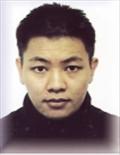
Patrice Wan Hok Chee
- Alumni
- Mauritius
- 2001 MPhil Finance
- Trinity College
Julia Chang Wang
- Alumni
- United States
- 2014 Mphil Modern European History
- Trinity College

Julia Chang Wang
- Alumni
- United States
- 2014 Mphil Modern European History
- Trinity College
I was born in Beijing and moved to Chicago with my parents at age 9. Because of my immigrant background and love of history, I'm studying immigrant participation during the 1960s in Great Britain and France at Cambridge in the MPhil program in Modern European History. As an undergraduate at Harvard, I studied History, Economics, and French, focusing on the history of empire and decolonization in the twentieth century. Outside the classroom, I edited for the undergraduate history research journal, sang in an all-female choir, and danced in different shows on campus. I hope to continue some of my extracurricular interests in England. After my time at Cambridge, I hope to use what I learned to pursue a career in legal academia and work in an international capacity on improving the rights of immigrant populations, particularly socioeconomic rights like education. I am excited to be part of the Gates community!
Stan Wang
- Alumni
- United States
- 2011 PhD Surgery
- Trinity College

Stan Wang
- Alumni
- United States
- 2011 PhD Surgery
- Trinity College
Yalan Wang
- Alumni
- China
- 2002 PhD Engineering
- Christ's College
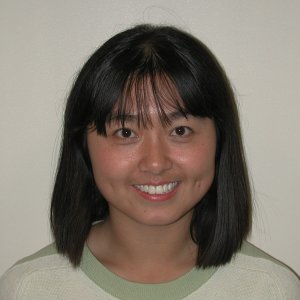
Yalan Wang
- Alumni
- China
- 2002 PhD Engineering
- Christ's College
I feel honoured to be a Gates Cambridge Scholar, which has enabled me to realise one of my dreams rooted since my childhood, - to pursue studies and gain experience in one of the world’s best learning centres. The training and expertise obtained at Cambridge, the passion for my work and the unceasing effort would make me step towards to contributing something to this world either in academic research or in industrial development, I believe!
Yingqi Wang
- Alumni
- Canada
- 2008 MPhil Pharmacology
- Gonville and Caius College
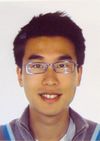
Yingqi Wang
- Alumni
- Canada
- 2008 MPhil Pharmacology
- Gonville and Caius College
During my MPhil I will be investigating pain sensation, and especially noxious heat receptors as they are one of the most complex protein receptors in the human body. From this course, apart from developing a solid understanding of molecular pharmacology and biochemistry, I also hope to acquire invaluable experience in experimental techniques, which would prepare me well for a PhD. Beyond postgraduate education, I aim to crack into the scientific world or head into industry.
Kuenga Wangmo
- Alumni
- Bhutan
- 2005 MPhil MPhil Archaeology
2006 PhD Archaeology - Fitzwilliam College

Kuenga Wangmo
- Alumni
- Bhutan
- 2005 MPhil MPhil Archaeology
2006 PhD Archaeology - Fitzwilliam College
I am interested in strengthening the historiography of my country through studying past material culture. My research will include extracting information from trees and tree-rings in association with other archaeological finds to construct a more objective account of the past.
Caleb Ward
- Alumni
- New Zealand
- 2003 BAaff Medicine
- Corpus Christi College

Caleb Ward
- Alumni
- New Zealand
- 2003 BAaff Medicine
- Corpus Christi College
Eric Washkewicz, C.S.C.
- Alumni
- United States
- 2013 MPhil Energy Technologies
- Churchill College
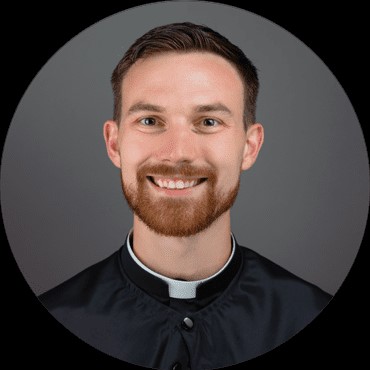
Eric Washkewicz, C.S.C.
- Alumni
- United States
- 2013 MPhil Energy Technologies
- Churchill College
I'm originally from West Orange, NJ and I'm currently a seminarian with the Congregation of Holy Cross (the same religious community as fellow Gates Scholars Fr. Kevin Grove C.S.C. and Fr. Chase Pepper C.S.C.) pursuing my Masters of Divinity at the University of Notre Dame.
I previously served a Lieutenant in the US Navy, designated as a Submarine Warfare Officer. I completed my undergraduate education at the US Naval Academy in Annapolis, MD, where I received a Dual Major in Mechanical Engineering (BS) and Ocean Engineering (BS), and was a 4 Year Member of the Varsity Lightweight Rowing Team. I earned an MPhil in Energy Technologies as a Gates Scholar at Cambridge University.
In September of 2014, after my time in Cambridge, I completed the Navy Nuclear Training Pipeline in Charleston SC at NNPTC and qualified Engineering Officer of the Watch at NPTU on the MTS-635 S5W Reactor.
In May 2016 I reported to the USS HARTFORD, a Los Angeles Class Fast Attack Submarine in Groton Connecticut. I previously served as the Fire Control Officer, Anti-Terrorism Officer, Chemical-Radiological Controls Assistant, Assistant Engineer, Assistant Operations Officer, and most recently as the Communications Officer and Primary COMSEC Manager (Both EKMS and KMI). I qualified Submarines in June of 2017, and completed the Prospective Nuclear Engineer Officer's Course (PNEO) to be certified as an Engineer in S6G plants. In 2017 I served as the EOOW and JOOW during one EUCOM Deployment. In 2018 I served as the Primary Officer of the Deck (OOD) during ICEX 2018 and a Surge Deployment. I served as Contact Manager and OOD during my third and final deployment to EUCOM.
In 2019 I left the USS HARTFORD and reported to the US Naval Academy, where I serve as a Physics Instructor, the Officer Representative for the Catholic Midshipman Club and a Volunteer LWT Rowing Coach.
My hobbies and interests include multi-day hiking, long distance cycling, renewable and alternative energy, and mountain climbing. My longest ride to date was a 10 day cycling trip across the UK totaling 1,089 miles.
Jeremiah Wathen
- Alumni
- United States
- 2002 MSc Physics
- Peterhouse

Jeremiah Wathen
- Alumni
- United States
- 2002 MSc Physics
- Peterhouse
Amy Watson
- Alumni
- United States
- 2010 MPhil Early Modern History
- Jesus College
Amy Watson
- Alumni
- United States
- 2010 MPhil Early Modern History
- Jesus College
Previous Education
Yale University BA-History 2010
Samuel Watson
- Alumni
- United States
- 2009 CASM Applied Mathematics
- Trinity College
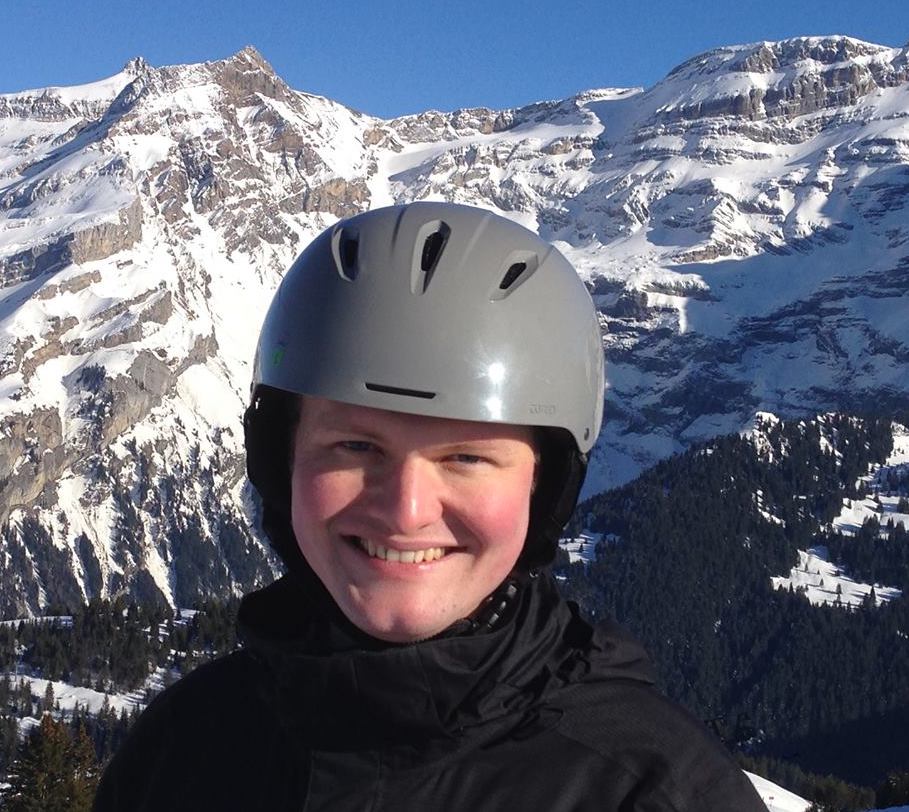
Samuel Watson
- Alumni
- United States
- 2009 CASM Applied Mathematics
- Trinity College
I am the Director of Graduate Studies for the Data Science Initiative at Brown University. I arrived at Brown in 2015 after completing a PhD in mathematics at MIT and served for three years as a Tamarkin Assistant Professor in the department of mathematics. I won the university's Teaching with Technology award and am currently developing online learning resources for data science.
For the past four summers, I have worked with the Office of Minority Education at MIT as a mathematics instructor for their Interphase program, which is designed to prepare and support incoming freshmen.
My research area is mathematical probability: I study random, discrete two-dimensional systems and various continuum objects that emerge as limits of these discrete systems.
Zachary Watson
- Alumni
- United States
- 2009 MPhil Development Studies
- St John's College
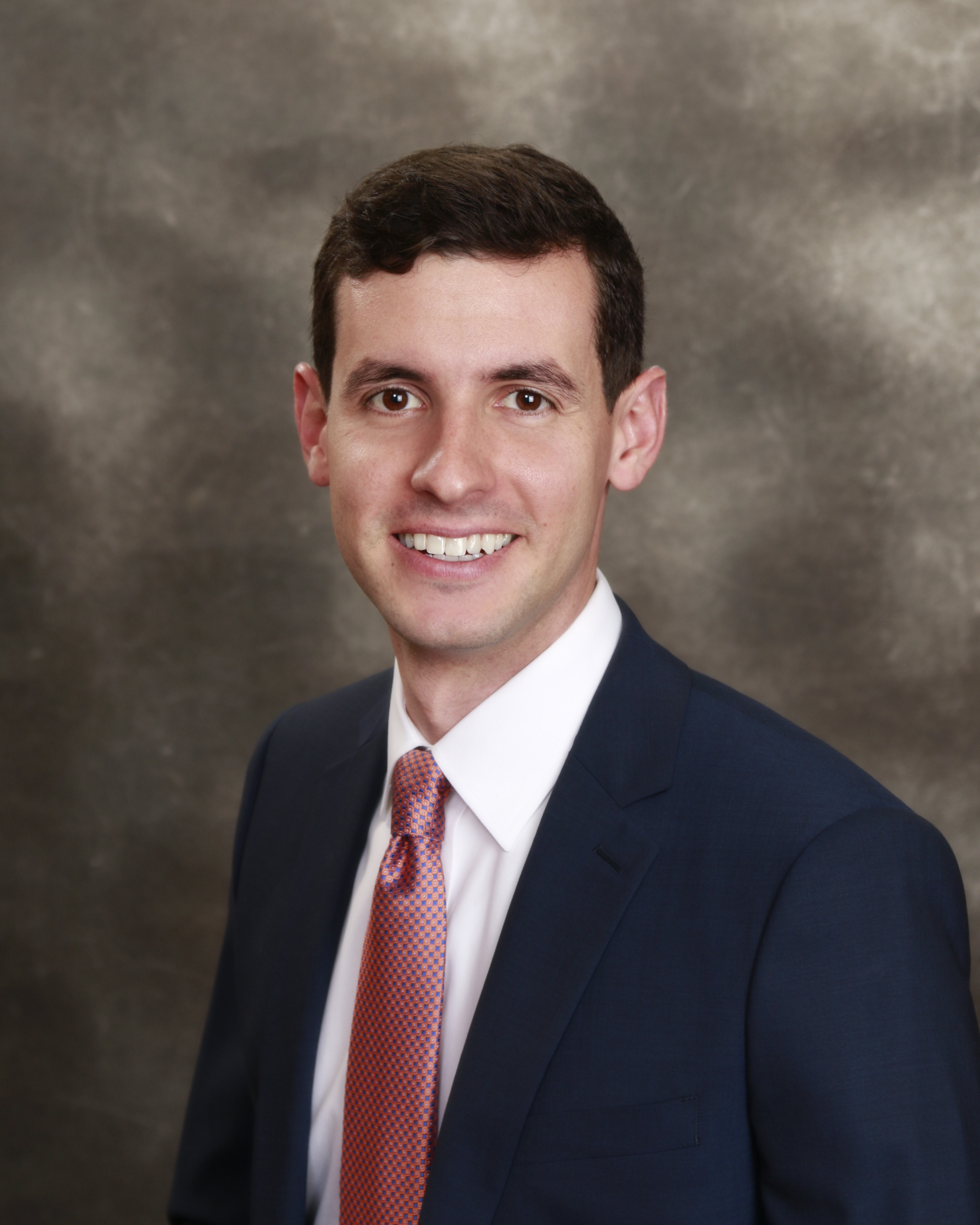
Zachary Watson
- Alumni
- United States
- 2009 MPhil Development Studies
- St John's College
Zach Watson is the Chief of Staff and the global development nonprofit Evidence Action, based in Washington, DC.
Evidence Action takes the most evidence-supported development interventions in the areas of health, water, sanitation, hygiene, and nutrition, and scales them massively to achieve cost-effective impacts that improve the lives of millions. As Chief of Staff, Zach supports the CEO's strategy and implementation for new and existing programs.
Most recently, he served as a Fellow in the Chief of Staff of the Army’s Strategic Studies Group, where he performed long-term strategic forecasting and analysis. He has served in various command and staff roles in support of U.S. Army units in the Pacific and in Afghanistan.
He holds a Bachelor of Science degree in Economics and Arabic Language from West Point and a Master of Philosophy degree in Development Studies from Cambridge University.
Jeffrey Watumull
- Alumni
- United States
- 2010 PhD Linguistics
- Christ's College
Jeffrey Watumull
- Alumni
- United States
- 2010 PhD Linguistics
- Christ's College
“Philosophy is written in this vast book, which continuously lies upon before our eyes (I mean the universe). But it cannot be understood unless you have first learned to understand the language and recognize the characters in which it is written. It is written in the language of mathematics” (Galileo). The Galilean ideal that the beauty of nature is definable mathematically is empirically verifiable in the uniquely human capacity for language. We are genetically endowed with the mental (computational) algorithms to generate linguistic expressions of technically infinite complexity (explicable in terms of set theory and algebra). To discover the mathematical laws that emerged in our evolution to govern the generative power of language is the desideratum of my research--research that would be impossible for me to conduct but for the Gates Scholarship with its audacity to suppose with me that pure science (pure mathematics) will ultimately redound to the good of nature.
Bailey Weatherbee
- Alumni
- United States
- 2019 PhD Physiology, Development and Neuroscience
- Jesus College
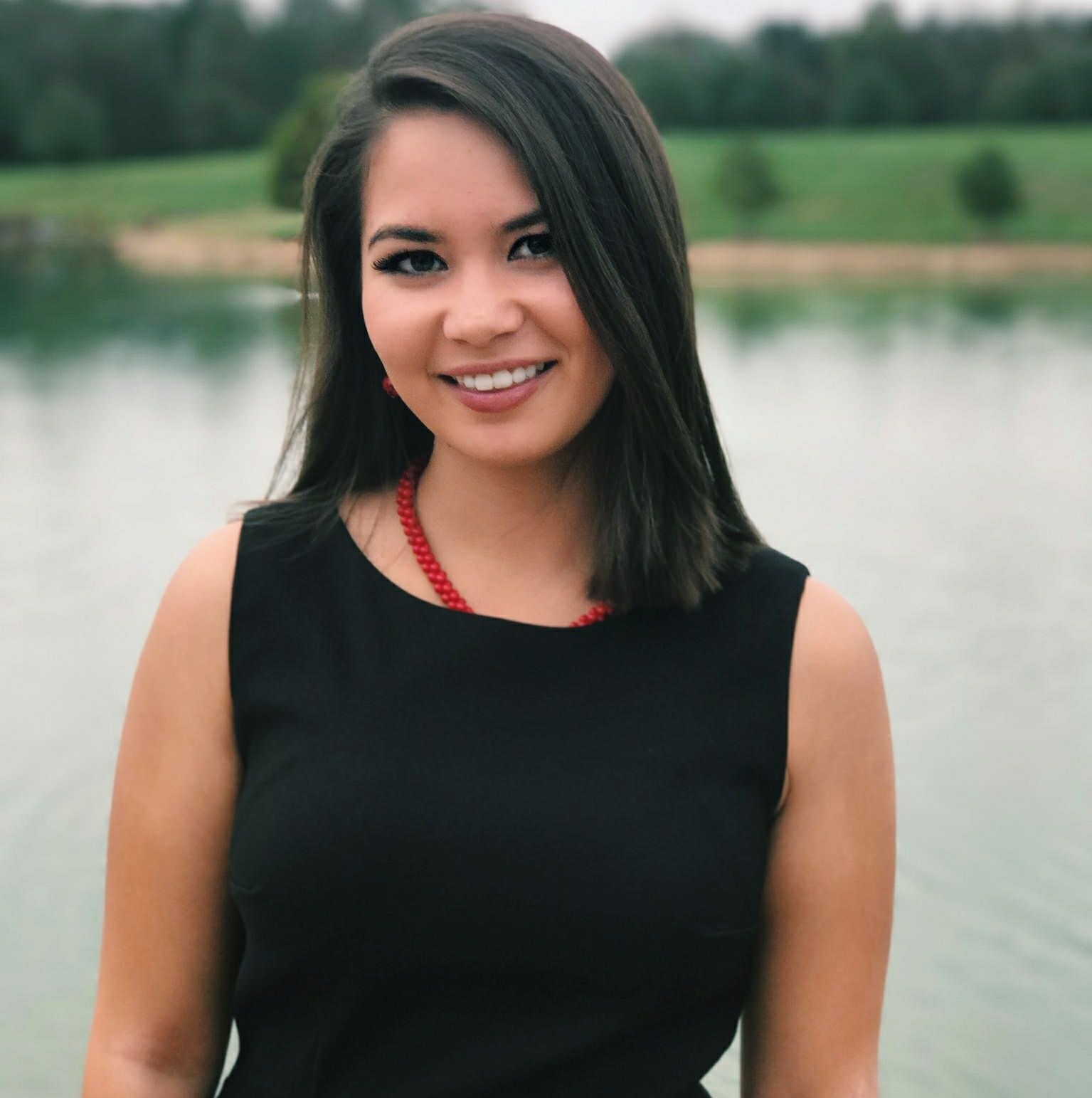
Bailey Weatherbee
- Alumni
- United States
- 2019 PhD Physiology, Development and Neuroscience
- Jesus College
Since childhood, I was always fascinated by developmental biology. I wanted to understand how a single cell could become a complex organism. After matriculating as an Honors Biology student at the University of Delaware, I joined Dr. Salil A. Lachke’s developmental genetics laboratory where I studied the role of RNA-binding protein-mediated post-transcriptional regulation in mammalian ocular lens development. Simultaneously, I explored my passions for education access and science advocacy. Since 2014, I’ve worked with Leading Youth Through Empowerment – a non-profit that offers accelerated coursework to high-achieving at-risk youth. I also participated in the American Society for Biochemistry and Molecular Biology’s Advocacy Training Program through which I met with the offices of my senators and representative to advocate for science funding and education.At Cambridge, I will carry out my Ph.D. project in the laboratory of Dr. Magdalena Zernicka-Goetz studying the post-implantation development of human and mouse embryos. Post-implantation stages are referred to as the “black box” of development, and very little is known about these early stages when many pregnancies fail. Recently, Dr. Zernicka-Goetz’s group developed a culture system that opened this “black box” and I look forward to finding what lies within it. I am honored to join the motivated and interdisciplinary Gates Cambridge community.
Previous Education
University of Delaware Bachelor of Science in Biological Sciences 2019
Chelan Weaver
- Alumni
- United States
- 2009 PhD Biological Science
- Wolfson College
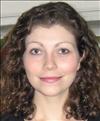
Chelan Weaver
- Alumni
- United States
- 2009 PhD Biological Science
- Wolfson College
I am interested in the interplay between biology and behavior. After receiving a B.A. in biopsychology from Vassar College, I went on to obtain my M.S. in cognitive neuroscience from the University of Oregon. At Cambridge University, I am pursuing my Ph.D. at the Medical Research Council Cognition and Brain Sciences Unit. My research has focused on understanding how people control their behavior. Because the capacity to stop undesirable responses is related to positive life outcomes such as academic achievement and health, I hope to make both theoretical and practical contributions. For my dissertation, I have tested whether two superficially different types of responses, thoughts and actions, are stopped using the same cognitive processes. I have also been investigating to what extent different types of stopping rely on common brain regions, and whether individual differences in ability to prevent unwanted actions is related to differing brain structure or connectivity.








